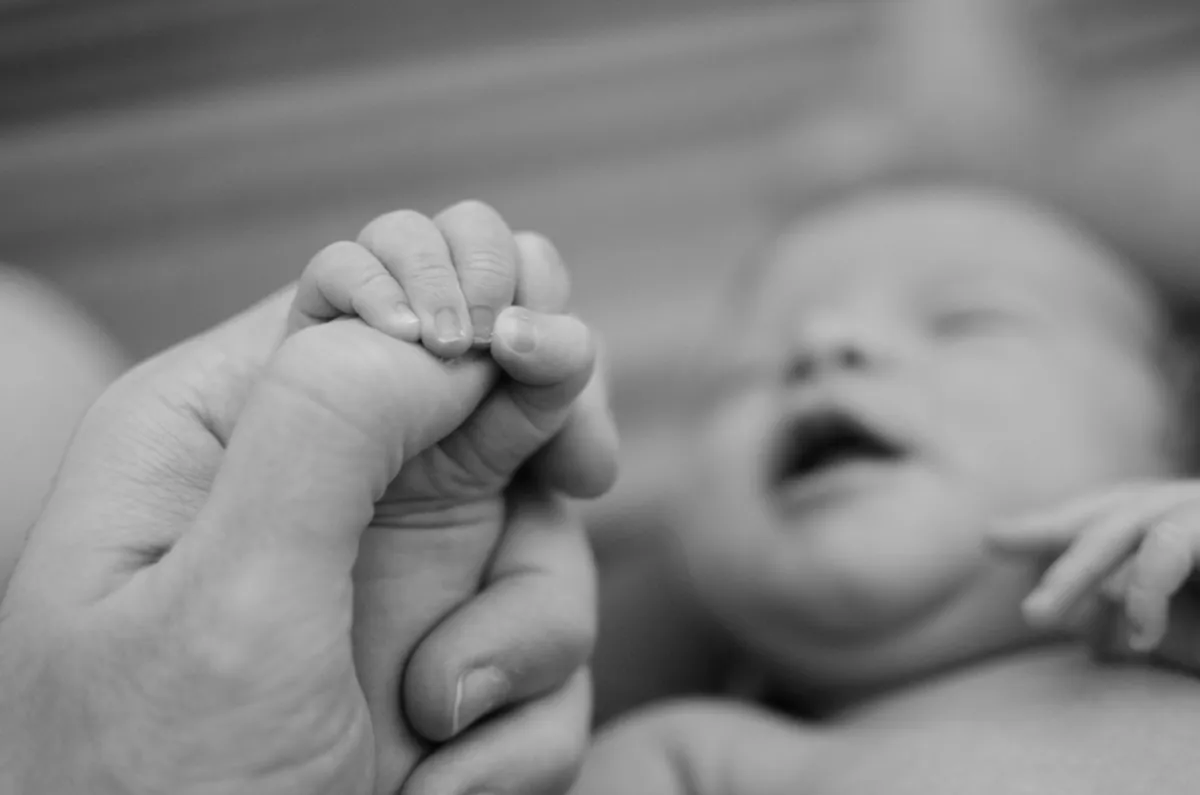
Overtiredness in babies and young children

Recognising signs of Overtiredness in babies and young children
As a holistic sleep coach and a mum of 3, I've seen how easily overtiredness can sneak in, and how quickly it can disrupt the whole day, and night! When babies and toddlers don't get the rest they need, their bodies go into overdrive where they start producing stress hormones like cortisol that makes it even harder for them to wind down and go to sleep properly.
Spotting the signs of overtiredness is not often easy, especially if you have a super alert little one, but if we can, and early enough it can be a game changer when it comes to helping your little one settle easier and sleep more soundly.
Here are some of the most common signs to watch out for in your little one:
Rubbing eyes or ears - This one is one of the classic signs of sleepiness.
Crying more than usual or more fussiness - Often, overtired babies will cry for what seems like no reason.
Clinginess or being harder to soothe - they might want to be held all the time and seem unsettled.
Arching their back and turning their faces away - these can be signs of overstimulation and tiredness.
Hyperactivity - this surprises a lot of parents, but some overtired toddlers can seem more energetic or 'wired' because their body is running on the stress hormone (cortisol) which can lead parents to feel confused.
Short of broken naps - they finally fall asleep but then can't stay asleep for long.
Resisting sleep altogether - even though they are clearly tired, it can feel like they are constantly fighting sleep.

Understanding your child's unique sleepy cues is key. Not every child shows every sign and some may show them in a different way, super alert children may be able to hide these sleepy cues very well which can leave parents feeling like they don't know what to do. Keeping a sleep diary or just observing their patterns for a few days can help spot when they're starting to get tired, so you can aim to get them down before they cross into that overtired territory.
We can do a few things to try and prevent overtiredness:
Follow age appropriate wake windows - these are the ideal lengths of time that your child can stay awake between sleeps based on their age.
Watch for early sleepy cues - try not to wait until they are running their eyes or crying to start naptime or the bedtime routine.
Create a calm, wind down routine - keep things calm, low key, not stimulating and predictable before sleep, children thrive of knowing what is happening next.
Be consistent with naps and bedtime - routine helps their body clocks know when to rest and get them into a routine that can be followed daily to keep that secure feeling when it comes to sleep.
Offer gentle settling techniques - rocking, white noise, tapping, gentle reassurance can help ease them into sleep.

When we understand the signs of overtiredness and act early, we help our little ones get the restorative sleep they need to grow, develop, and be their happiest selves.
And if you're finding it tricky to spot the signs or stay on top of naps and bedtimes, you’re not alone. Sleep is complex, and every child is different, but support is always here when you need it, if you feel like your ready, click the link below, book your free call with me and lets fix this together 💛
api.leadconnectorhq.com/widget/bookings/compsleepcall-a183c02f-96b4-403f-bb65-e6716158695c
Katie Allan xx

